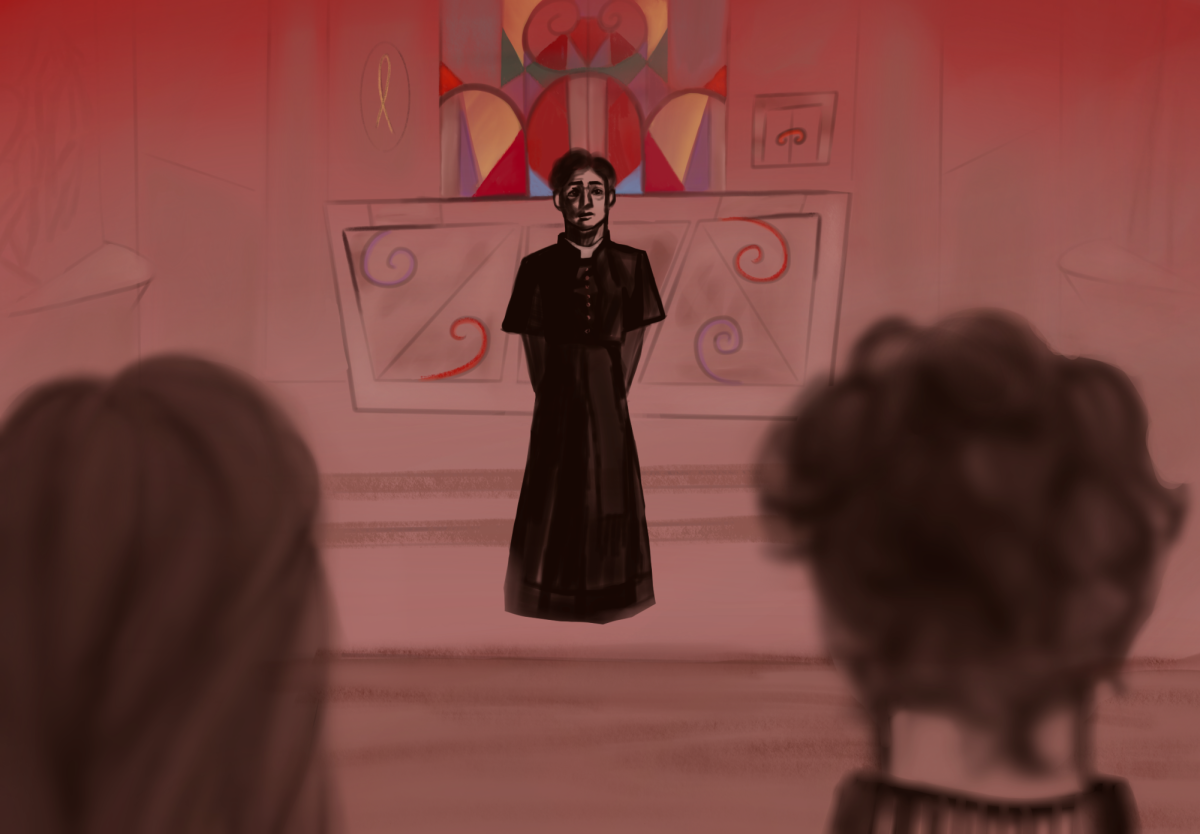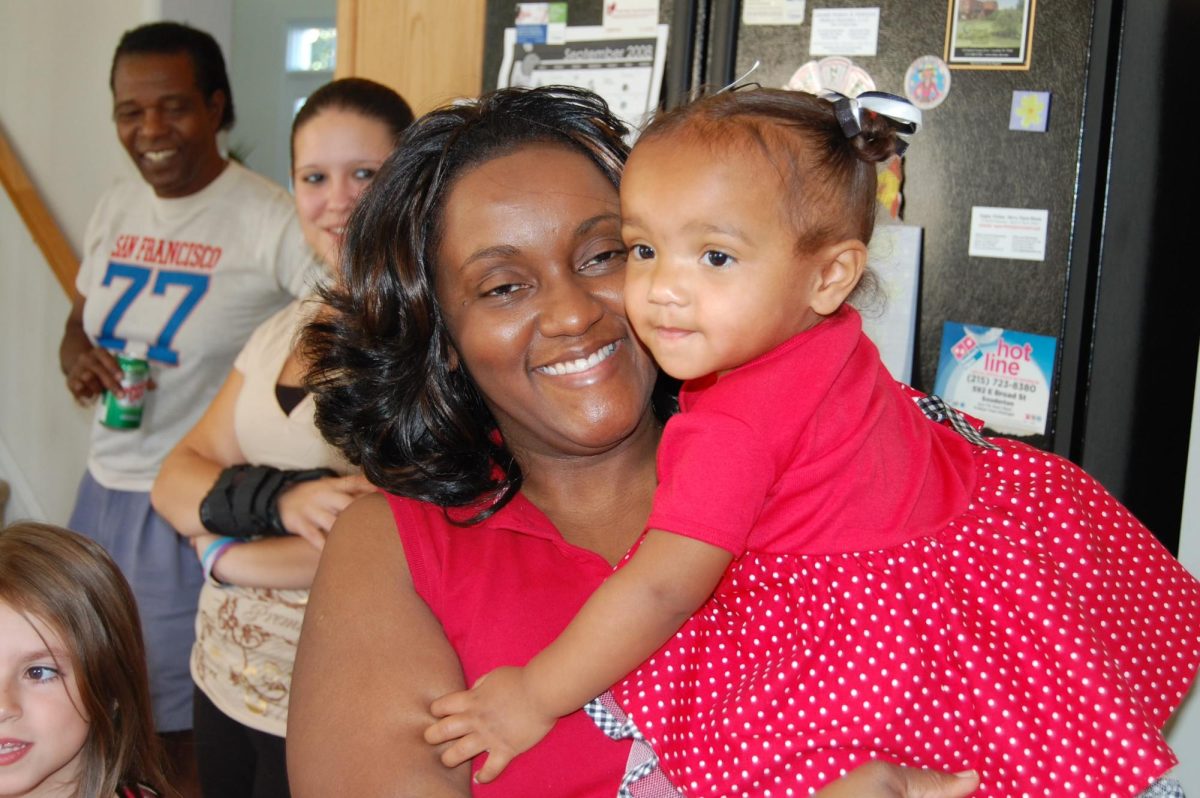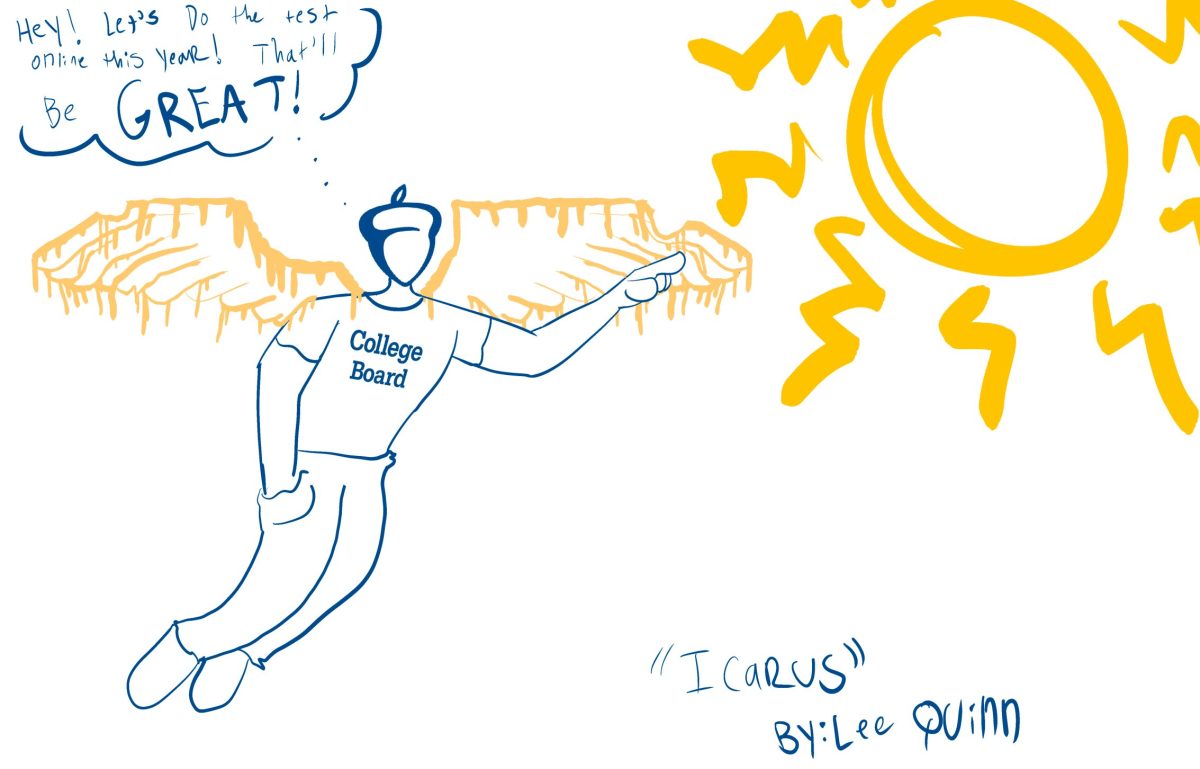In previous years, the AP exam was the only cumulative assessment for AP classes, but these exams have no effect on final grades. Mr. Gomes noticed an inconsistency in excluding some of the most challenging classes from requiring a high-stakes, cumulative assessment that is reflected in students’ overall grade.
He believes that mandating a final for every single class aligns more closely with the Mount’s belief that a full credit course comes with a final exam.
When this new rule was first introduced, students came up with a number of ideas as to why this change was being made, one of the most common being as a result of poor performance on AP exams in previous years. Mr. Gomes makes it clear, however, that this is not the case.
“I think when people first heard it they thought it was like a punishment, or it was like people thinking that they don’t try hard enough on their AP exams and therefore now have to take that, which is not the point, but I’m not surprised that’s how it was perceived. It’s a fair thing” Mr. Gomes said.
There is a high level of uncertainty for both students and teachers who are navigating this new rule. Whether teachers have been teaching their specific AP classes for many years or they are just starting out, this year they will have to adjust and create a final exam that is both fair to their students and is an accurate reflection of their hard work.
The general idea across classes seems to be modeling the final after the AP exam and testing right before AP exam week as a way to prepare. This allows students to study for their finals and AP exams at the same time, and in the same way.
“I think the way that a lot of the teachers are handling it makes it more fair because I know in a lot of my classes it’s either going to be a review for the AP test or an assignment that we already have to do that’s now just counted as a larger part of our grade. So, I do believe that that’s not, like, hindering us in any way because it’s not really a ton of extra work that we have to do,” Rachel Delp 25’, who is taking four AP classes this year, said.
The College Board has their own unique type of questions, typically characterized by an increased level of difficulty, so creating a final examination will be a challenge.
These questions make AP tests notoriously difficult, which is why on many AP exams students can get a high number of questions wrong and still earn a passing grade.
Whether or not teachers will address this room for error in final examinations, which are worth 20% of students’ overall grades, will vary from class to class.
“I would say it should be consistent with whatever has been happening in the class. So if that’s how they’ve been grading their class, I would assume that’s what they do there,” Mr Gomes said.
Mrs. Schools, who teaches AP U.S History and AP U.S Government, plans to scale down the three hour and 15 minute long AP test into an assessment that will fit into one block. Her students work with College Board style multiple choice questions and essays throughout the year, so this style of test will not be foreign.
“I think by then, the students will have had enough practice in them to get a true score, but I will bolster it with some writing as well. It won’t be totally multiple choice. I will use the same grading policies and rubrics that I have used all year to evaluate the final exam. The students will have been doing this all year and should be confident in their abilities,” Mrs. Schools said.
Mrs. King, who teaches AP English Literature, plans to take a different approach; rather than using AP multiple choice questions, which her students are not graded on throughout the year, students will be tested by writing two timed essays which would have been built into the curriculum regardless.
“We’re designing it as something valuable to practice. It will be our only and first time doing two essays in one sitting, and I think that will really give the girls an experience of, wow, we gotta work fast and succinctly on this project. I mean, I’m not a fan of having to have a final exam count as a grade and the whole technicality behind it, but I do like how it is an assessment already in the curriculum not an arbitrary addition,” Mrs. King said.
At the end of the day, AP classes are designed to work toward the end goal of the AP exam in May, which holds significance that is not to be overlooked. A high score on an AP exam can earn students college credit and is a symbol to colleges of mastery of the subject.
“But your final is your test. Like that test that you have to pay for, have to study for, that you have to perform on,” Mrs. King said.
Some students view having an in-class final as adding unnecessary stress to those who are already working so hard toward the AP exam. Having to worry about taking both a final and an AP exam all around the same time, regardless of if they are similar, may be a lot for students to handle.
“I don’t think it’s necessarily fair just because it can add a lot of stress to people who already have a lot of finals to study for, especially if they have a lot of work that semester. It just may be really hard for them,” Jess Staas ‘25 said.





























































